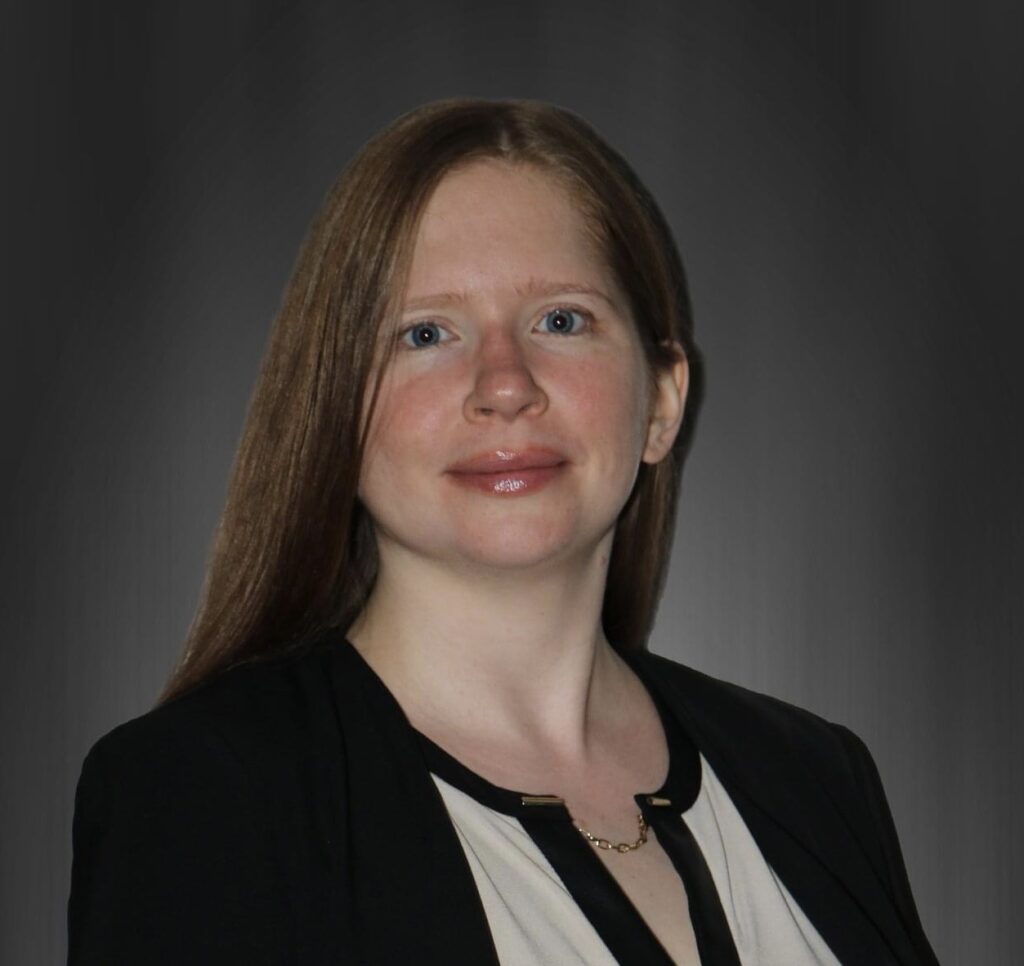Kelly May
“I always felt supported. The program wants to make you the best version of yourself.” – Kelly May, Ph.D., BCBA-D
Kelly May has her dream job, as a behavioral health clinician for the Child Development and Autism Center, part of Morristown Medical Center. The center serves children with autism spectrum disorder (ASD) and other developmental delays and those with special needs who are seeking out a diagnosis. “I help make sure patients are getting what they need,” said May. That means anything from being an advocate for the patients and their parents while collaborating with schools, to navigating therapy, to connecting patients with services and educating parents—all while working with a top-notch multi-disciplinary team of doctors, nurse practitioners, social workers, and therapists. To make sure she is doing the best she can for the families, May relies on data and assessments along with the feedback she gets from the families and colleagues, important factors she learned about while a student in Caldwell’s graduate program in applied behavior analysis (ABA).

May loved the courses at Caldwell including specialized electives like a course on feeding interventions (which she has used on the job), the hands-on experience she had working in the Center for Autism and Applied Behavior Analysis, the opportunity to publish and present research and the support from faculty. She remembers how Dr. Sharon Reeve was the professor who encouraged her to apply to the Ph.D. program. “If it wasn’t for that, I don’t know if I would have pursued the doctorate program at that time since I was finishing my thesis,” said May. “They pushed us to reach our potential.”
She is also an adjunct professor at Centenary University and works with Autism Family Friendly Performances at the Paper Mill Playhouse in Millburn, New Jersey. As a part of the playhouse’s autism advisory board she and other board-certified analysts help families enjoy performances at the playhouse. Those with ASD are allowed to move around the theatre; they learn how to attend a play; the lights are left on but dimmed and there is an activity center available. May says they provide as much support to families as is needed telling parents “they never have to say they are sorry.” It is one of May’s favorite activities. “I’m combining my love for musical theatre with the science of ABA to promote inclusion of individuals with autism in community activities.”
As May looks back at her time at Caldwell, she remembers the rigor of the program. “I was at Caldwell for a long time.” But it was worth it. “Dr. Ruth DeBar walked with me through every step of my dissertation and the doctoral program” and she appreciated working with Dr. Kenneth Reeve to edit manuscripts for publication, including her own. “I always felt supported. The program wants to make you the best version of yourself.”

